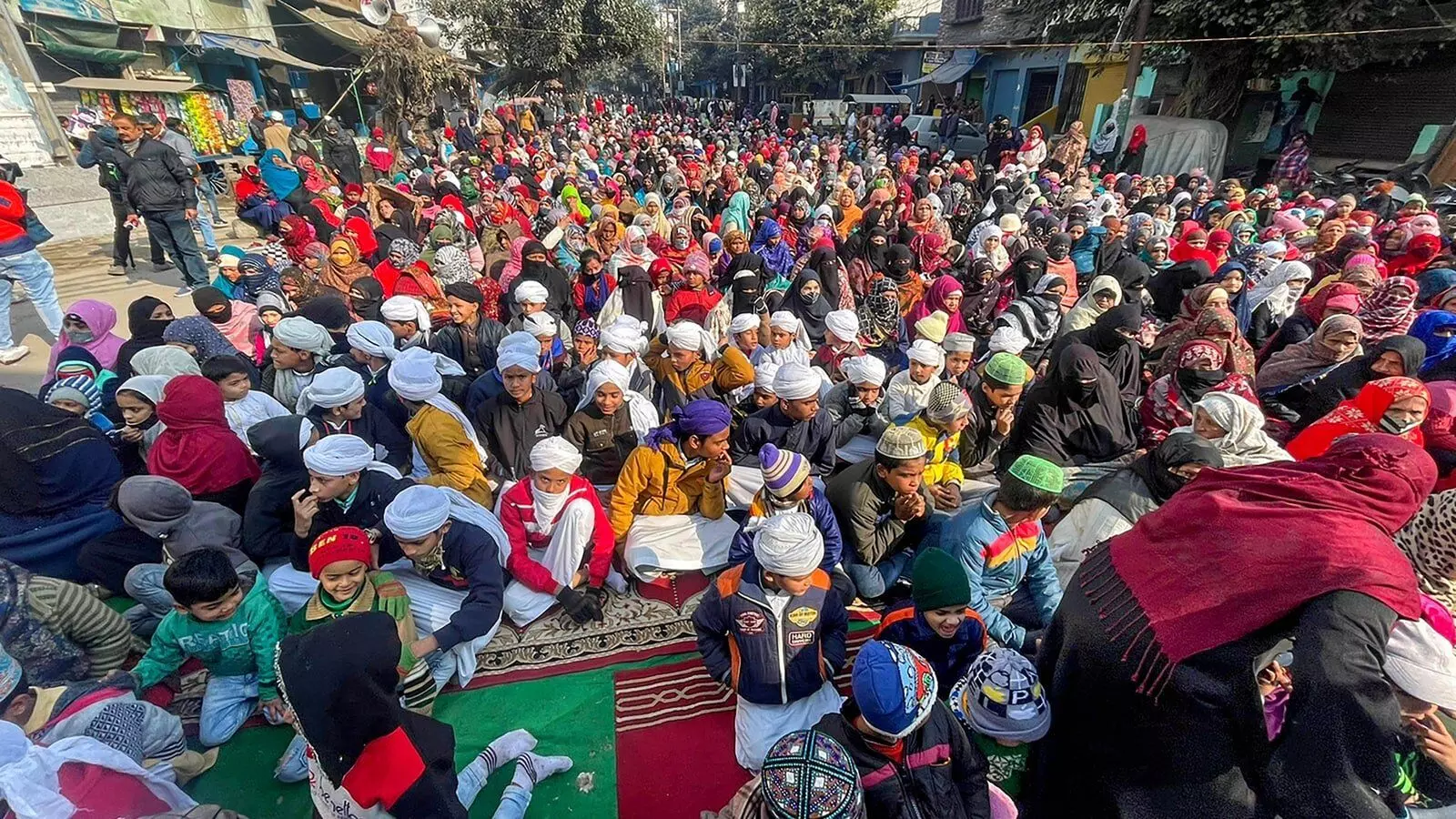Encroachers by choice?

Though it just assured a stay, the Supreme Court’s verdict in the Haldwani case seemed like almost a victory to the residents of Banbhoolpura. Before the hearing, battered by a High Court judgement, the 4,365 families had no clue where they would go in this chilling winter if the encroachment decision was upheld by the apex court, and so they were in tears — some marching on the streets and others glued to their television sets. The Supreme Court essentially stayed the implementation of a High Court order that had directed the demolition of thousands of homes by use of paramilitary forces, if needed. The case has once again brought to fore the importance of the right to shelter, and its association with the right to life. The Supreme Court emphasized on the rehabilitation of residents of Banbhoolpura in Haldwani even if evictions were to be made. The court said that “people stayed there for so many years, some rehabilitation has to be given.” Rehabilitation is indeed a central part of the shelter jurisprudence. This aspect has been dealt with time and again by the Supreme Court. In Chameli Singh vs State of Uttar Pradesh, the court appeared to interpret the right to shelter under Article 21 of the Indian Constitution. It observed that “Right to life guaranteed in any civilized society implies the right to food, water, decent environment, education, medical care and shelter. These are basic human rights known to any civilized society.” Similar inferences can be drawn from Supreme Court’s observations in Shantistar Builders vs Narayan Khimalal Totame and Ajay Maken and Ors vs Union of India cases. The Haldwani case presents an opportune moment for the apex court to streamline the process of evictions from encroached areas and respective rehabilitation drives. In the present case, the residents are learnt to have been living in the area for more than decades, and even around a century. The land on which they have been residing is being claimed by the Railways. Ironically, the area was sparsely populated a couple of centuries ago, and settlements there came to be shaped by increasing trade and resultant establishment of Railways. While the alleged “encroachers” have been living there for around a century, most of the population in the area might also not have a long history in the region. Haldwani is a classic example of how the state allows an “illegal” colony to settle and, on a given day, decides to raze it down at its own whims and fancies. The ones who suffer the most from such an exercise are the poor and destitute. One may argue that the state is within its right to assert claim on the land it believes it owns. But there are two problems with such claims. First, the state can’t be allowed to be selective or targeted in its approach. Second, it is the duty of the state to ensure proper rehabilitation of the evicted families. This was summed up succinctly by the Supreme Court in Ahmedabad Municipal Corporation vs Nawab Khan Gulab Khan case. While admitting that no person has right to encroach upon places reserved or earmarked for public purpose, the judgement clarified that it is the duty of the “state to provide right to shelter to the poor and indigent weaker sections of the society in fulfilment of the Constitutional objectives.” The state and the larger public need to get rid of the flawed perception that outrightly criminalizes encroachers. As reported by LiveLaw, the Oliga Tellis judgement had noted that “their (petitioners in the given case) intention or object in doing so was not to ‘commit an offence or intimidate, insult or annoy any person’”. The court termed such encroachments as “involuntary acts” that are “compelled by inevitable circumstances and are not guided by choice.” The legality of the huge demolition ordered by the High Court in Haldwani will be dealt with by the Supreme Court in coming months. The court should lay down a proper rehabilitation protocol for the present case and the future. As for now, residents of Banbhoolpura have all reasons to celebrate. The Uttarakhand government, while waiting for the next hearings, should prepare a rehabilitation mechanism by itself.



